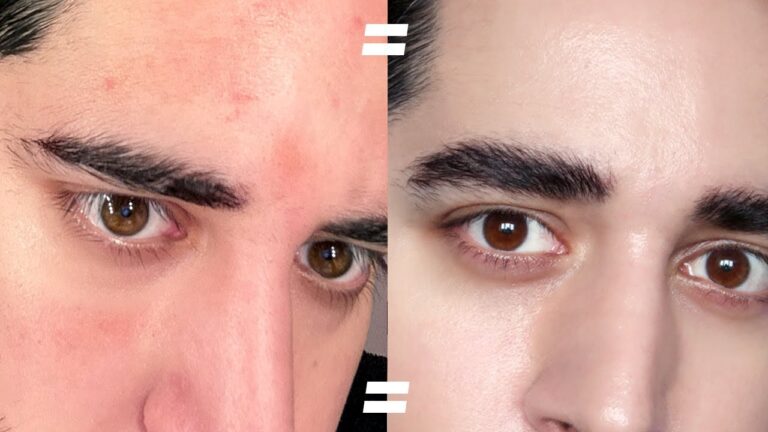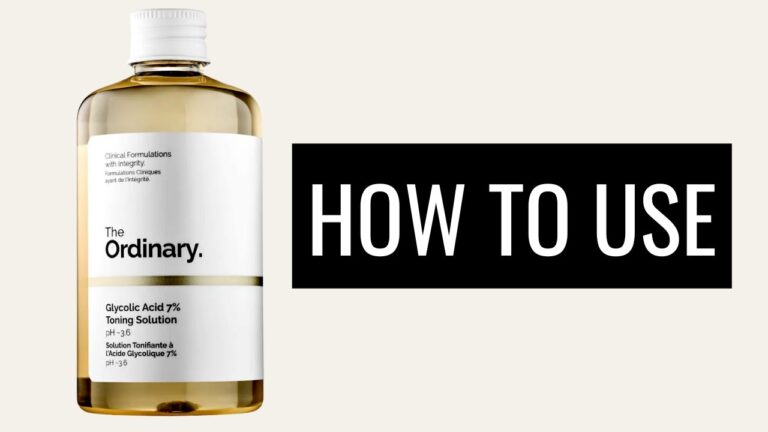All You Need to Know: Peptides – Definition, Benefits, and How They Work
Peptides: The Building Blocks of Life
Have you ever wondered what makes up protein, one of the most important macronutrients in our bodies? Peptides are the essential building blocks that make up proteins. Peptides are chains of amino acids linked together by peptide bonds.
It may be difficult to fully understand the importance of peptides, but the truth is, peptides are indispensable in our bodies. They play critical roles in cellular signaling, metabolism, and even immune response. Here, we will explore the many functions and benefits of peptides, and how they contribute to our overall health and wellbeing.
What are Peptides?
Peptides, as mentioned earlier, are chains of amino acids linked by peptide bonds. They are smaller than proteins, which are made up of long chains of peptides. In fact, any chain of peptides that is less than 50 amino acids long is considered a peptide, while anything longer than 50 amino acids is considered a protein.
There are thousands of different types of peptides, each with unique functions and benefits. For example, some peptides help our bodies absorb nutrients, while others help regulate hormones, fight infections, or even aid in wound healing.
Peptides and Skin Health
One of the most popular uses of peptides is in skin care. Peptides are often used in anti-aging products because of their ability to stimulate collagen production. Collagen is a protein that keeps our skin firm and elastic, but as we age, our bodies produce less collagen, leading to fine lines and wrinkles. By using peptides to boost collagen production, we can keep our skin looking youthful and radiant.
There are many different types of peptides used in skin care, but some of the most popular include:
– Palmitoyl Tripeptide-1: This peptide stimulates collagen production and improves skin elasticity.
– Matrixyl: This peptide stimulates collagen production and can also help reduce the appearance of fine lines.
– Copper Peptides: These peptides help boost collagen production and can also improve wound healing.
Peptides and Exercise Performance
Peptides are not just beneficial for our skin – they can also play a role in exercise performance. Specifically, some peptides can help stimulate the release of growth hormone, which is essential for muscle growth and repair.
One such peptide is called Ipamorelin. Ipamorelin is a growth hormone releasing peptide that can help improve muscle growth and repair, reduce inflammation, and even improve sleep quality.
Another popular peptide in the exercise world is BPC-157. BPC-157 is a peptide that can aid in muscle recovery and repair. It has been shown to reduce inflammation and improve healing time in injuries.
Peptides and Immune Function
Peptides also play a critical role in our immune function. Specifically, some peptides can act as antibiotics, helping our bodies fight off infections.
One such peptide is called LL-37. LL-37 is a peptide that is naturally produced by our bodies. It can help kill bacteria, viruses, and even cancer cells. LL-37 is currently being studied as a potential treatment for infections, autoimmune diseases, and even cancer.
Peptides and Gut Health
Finally, peptides can also play a role in gut health. Specifically, some peptides can help improve digestion and nutrient absorption.
One such peptide is called Glutamine. Glutamine is a peptide that is commonly used to treat digestive disorders like irritable bowel syndrome (IBS). It can help reduce inflammation in the gut and improve nutrient absorption.
Conclusion
Peptides are essential building blocks that play critical roles in our bodies. From skin care to exercise performance, immune function to gut health, peptides are involved in many important processes. With continued research, we will likely discover even more ways that peptides can improve our overall health and wellbeing.
Most searched products:
Does Sephora Support Israel? Answering Your Questions
The Ultimate Guide to Azealic Acid: Benefits, Uses, and Side Effects
Discover the Benefits of The Ordinary Botox for Your Skin
How Long Does Glycolic Acid Take to Show Results: Your Ultimate Guide
The Perfect Order: When to Use Retinol and Niacinamide in Your Skincare Routine
The Ultimate Reviews of The Ordinary Peeling Solution
Say Goodbye to B.O with Glycolic Acid Deodorant: The Secret to Long-Lasting Freshness
Say Goodbye to Dry Lips with the Best Skin Lip Balms
Bronzer
All about Alpha Arbutin 2 + HA: Benefits, Side Effects, and How to Use for Brighter Skin















